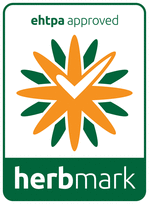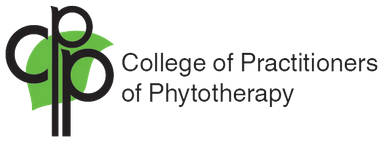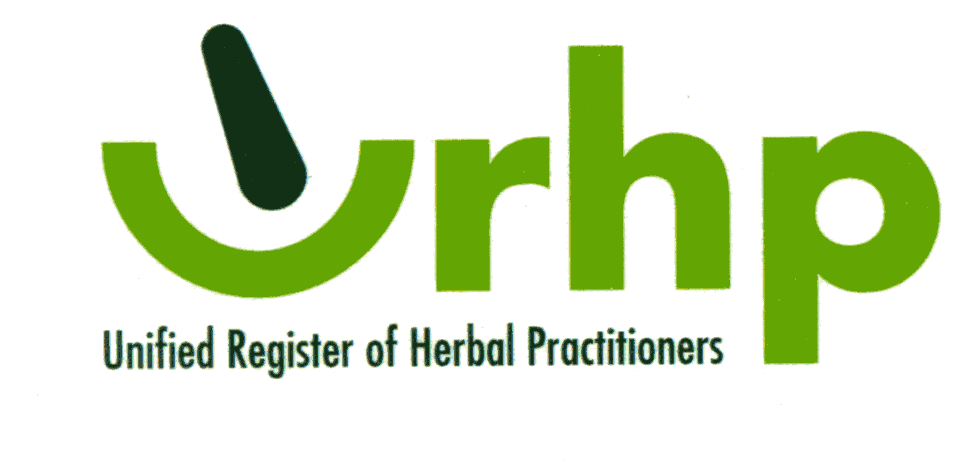How to find a herbalist
|
There are about 2500 qualified herbalists practising in UK. Most professional associations have a directory on their websites. You could also try searching on the internet for a local herbalist, but do check out their qualifications, professional membership and professional insurance as there is currently no mandatory regulation of herbal practitioners. See below
The following professional associations are part of the HerbMark® quality assurance scheme which means they have the relevant education, professional membership, professional insurance and other standards of professional practice necessary. College of Practitioners of Phytotherapy CPP members' practices are wholly focused on herbal medicine or phytotherapy. The CPP's mission is to be an exemplar for this practice, as a strong and effective therapeutic discipline in its own right and as a significant part of the healthcare spectrum. Register of Chinese Herbal Medicine The RCHM was set up in 1987 to regulate the practice of Chinese Herbal Medicine in the UK and sets and maintains high standards. The register has over 450 members. Unified Register of Herbal Practitioners This eclectic association includes practitioners from Western, Ayurvedic, Unani Tibb and Traditional Chinese schools of thought. Many members also practise other therapeutic modalities alongside herbal medicine, including naturopathy, acupuncture, reflexology, reiki and nutritional therapy. British Association of Traditional Tibetan Medicine BATTM is a registered association representing Tibetan medicine in the United Kingdom. Other herbal professional associations include: National Institute of Medical Herbalists (NIMH) Association of Master Herbalists (AMH) Ayurvedic Practitioners Association (APA) Association of Traditional Chinese Medicine (ATCM) British Association of Accredited Ayurvedic Practitioners (BAAAP) |

What to look for when choosing a herbal practitioner
Ensure your herbalist:
Ensure your herbalist:
- Is a member of an established professional association with professional indemnity insurance. The Herbmark is a mark showing a practitioner has these credentials. Otherwise don’t be reticent about asking for these details.
- Offers herbal medicine as a main feature of practice. Homeopathy is a quite different form of treatment and should not be confused with herbal medicine. Herbal practitioners use plant medicines as extracts (tinctures and fluid extracts), decoctions and tisanes, powders, pills, capsules and ointments/creams to achieve and maintain a healthy body/mind in their patients.
- Your chosen practitioner should provide information about the length of the initial and follow-up appointments and the charges, including those for herbal medicine.
- A properly qualified practitioner should be trained to know about common medical conditions and will need details of your medical history. You can discuss the likely length of a course of treatment during the first consultation which usually lasts longer than follow-up appointments. When appropriate, he/she may request that you have blood or urine tests or other interventions. He/she may want to record your blood pressure or listen to your heart and/or lungs using a stethoscope. If the need arises, your practitioner may ask you to visit your GP. Of course, this would only happen after you and your practitioner discussed your particular case and with your agreement.



